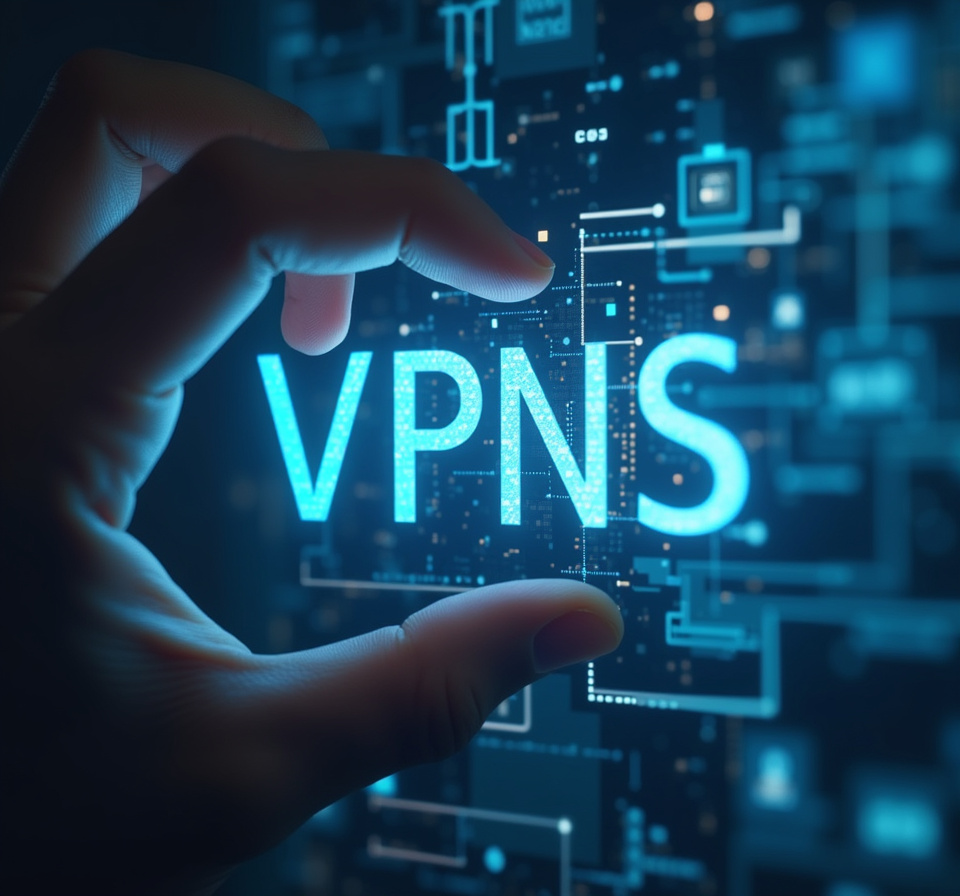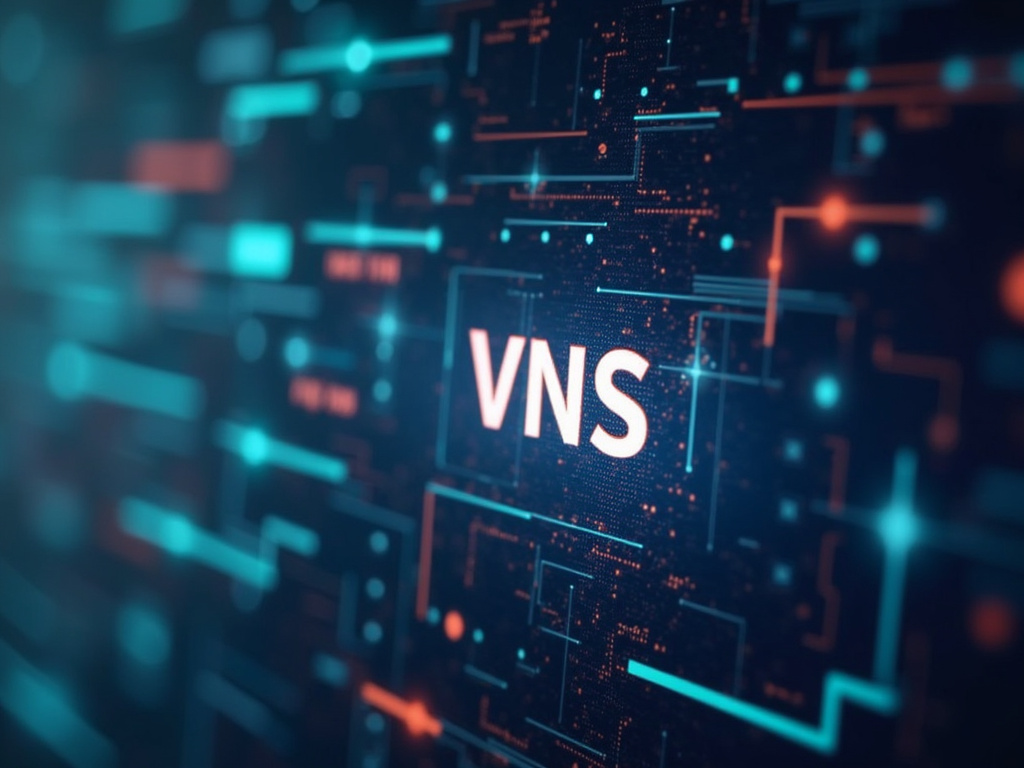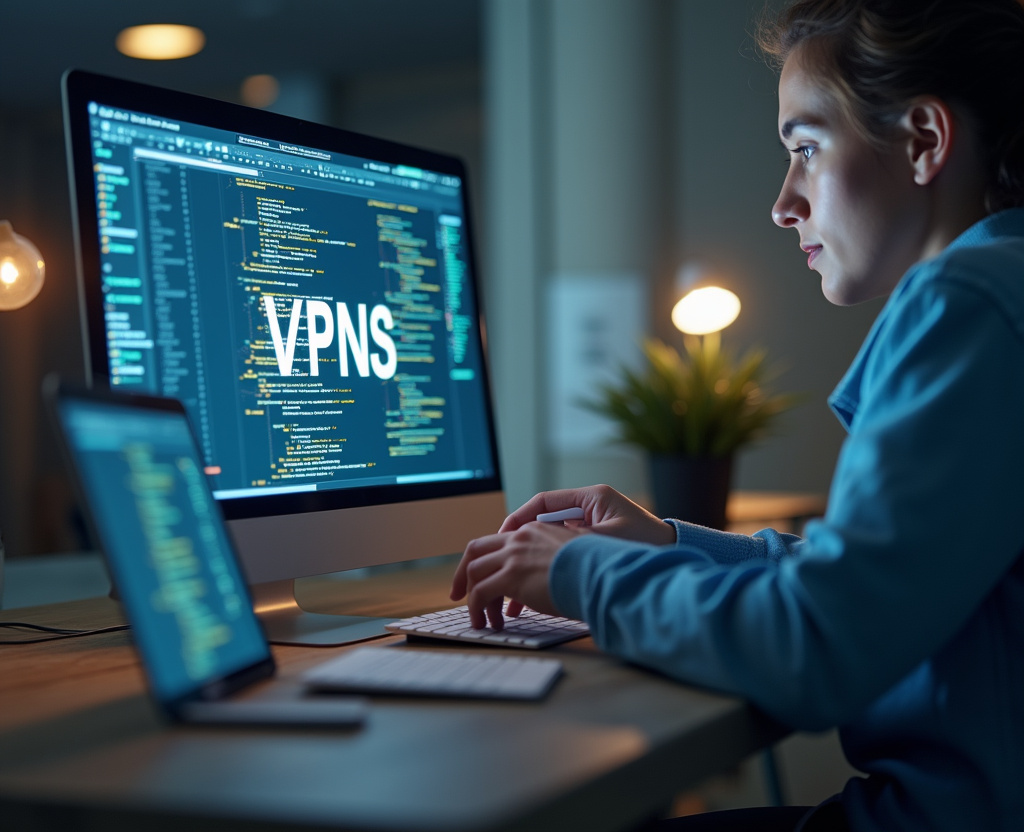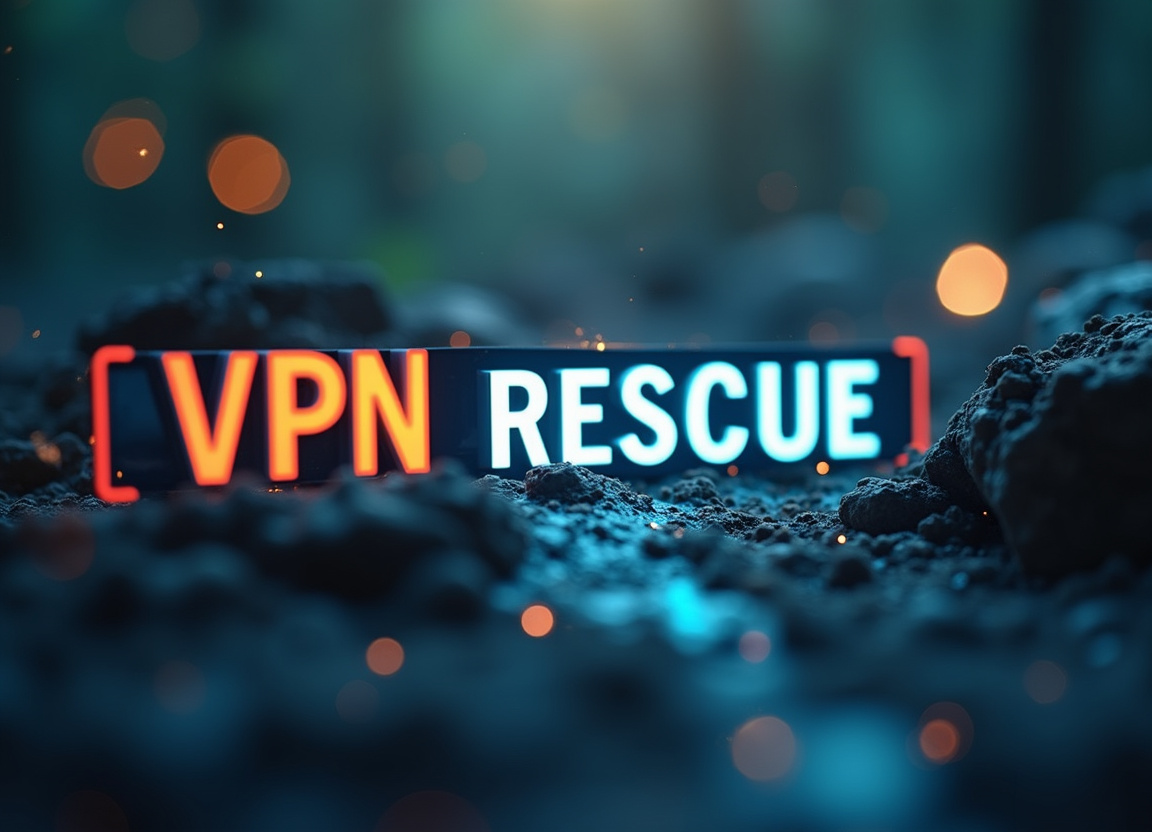VPNs for Hospitality Industry: Protecting Guest Data
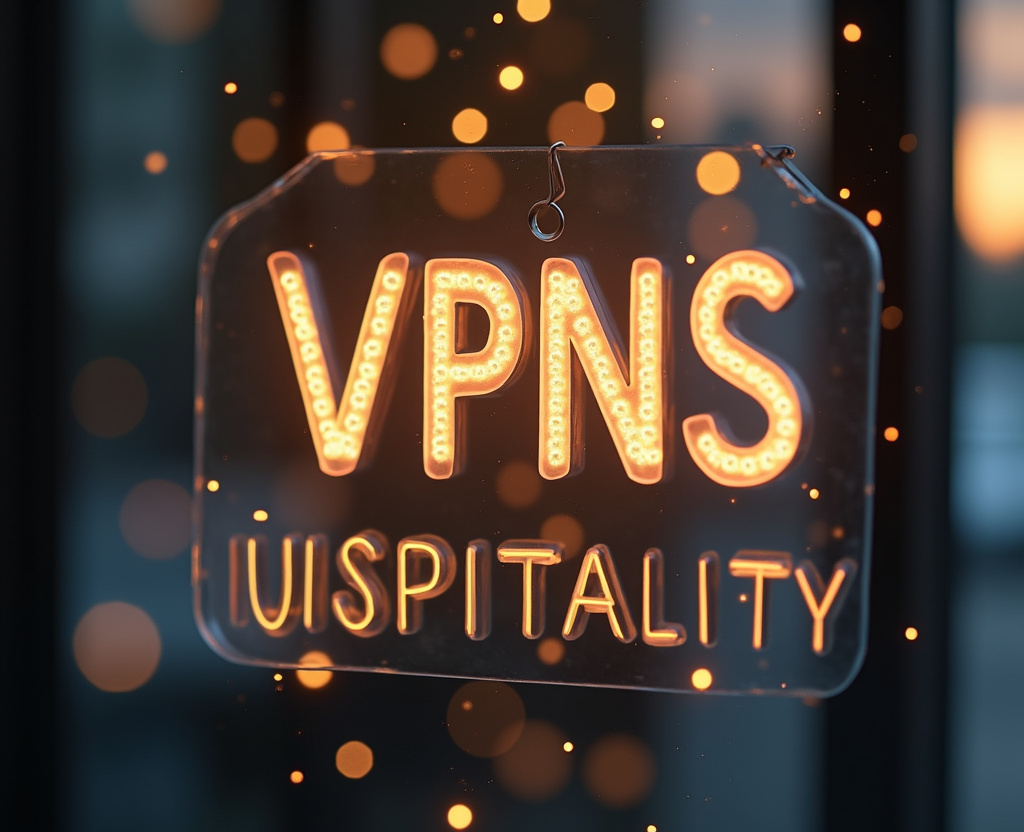
Table of Contents
VPNs for Hospitality Industry: Protecting Guest Data in the Digital Age
In the relentlessly competitive hospitality sector, exceeding guest expectations is paramount, demanding more than just impeccable service and luxurious amenities. In today’s digital landscape, safeguarding sensitive guest data has become an indispensable component of providing a superior experience. From secure online transactions to the protection of personal information, the integrity of guest data is intrinsically linked to brand reputation and, ultimately, customer loyalty.
A data breach can erode trust faster than any service lapse, costing businesses dearly in terms of financial losses, legal repercussions, and long-term damage to their image. To address these challenges, the hospitality industry is increasingly embracing Virtual Private Networks (VPNs) as a critical tool for enhancing data security. This article will explore the multifaceted benefits of s, delving into their role in protecting reservation systems, securing sensitive financial transactions, and fortifying guest data against an ever-evolving landscape of cyber threats.
A essentially creates a secure, encrypted tunnel for internet traffic, shielding sensitive information from prying eyes. Consider the scenario of a guest using the hotel's Wi-Fi to make an online purchase or access their bank account. Without a VPN, this data is vulnerable to interception by cybercriminals lurking on the same network.
A VPN encrypts this information, rendering it unreadable to anyone who might try to intercept it. This is especially vital considering the widespread use of public Wi-Fi networks, which often lack the robust security measures found in private networks. Furthermore, VPNs mask the user's IP address, providing an additional layer of anonymity and making it more difficult to track their online activities.
This is particularly important for guests who value their privacy and wish to avoid being targeted by personalized advertising or other forms of online tracking. The implementation of VPNs extends beyond simply protecting individual guests; they are also invaluable for securing the hotel’s internal operations. By creating a secure connection between departments, such as front desk, reservations, and accounting, VPNs ensure that sensitive data is transmitted safely within the organization.
This is particularly critical when handling payment information, guest records, and other confidential data. Remote access for employees, whether they are traveling or working from home, can also be secured via VPNs, maintaining data integrity even when accessing the network from external locations. The potential consequences of neglecting can be catastrophic.
A data breach can result in significant financial losses due to fines, legal settlements, and the cost of remediating the breach. Moreover, the damage to brand reputation can be irreparable, leading to loss of customer trust and a decline in bookings. In today's world, news of a data breach spreads rapidly online, potentially deterring prospective guests from choosing a hotel perceived as insecure.
In contrast, a hotel that prioritizes data security and implements robust measures to protect guest information can foster a strong sense of trust and confidence, leading to increased . Guests are more likely to return to a hotel where they feel their data is safe and secure. This enhanced level of can translate into a significant competitive advantage.
The modern traveler is increasingly aware of data security risks and expects hotels to take adequate measures to protect their personal information. By investing in a comprehensive VPN solution, hotels can demonstrate their commitment to safeguarding . This commitment communicates trust and peace of mind, encouraging bookings and nurturing repeat business.
In conclusion, the prudent deployment of technology is not merely a technological upgrade; it is a strategic investment in customer trust, brand protection, and the long-term prosperity of any hospitality establishment. It's a proactive measure that acknowledges the evolving digital landscape and the increasing importance of safeguarding sensitive information. By embracing VPNs, hotels can create a secure and reliable environment where guests feel confident in sharing their data, leading to enhanced experiences and enduring relationships.
hospitality VPN
The fundamental role of a lies in its ability to encrypt internet traffic, transforming readable data into an unreadable format that is impenetrable to unauthorized access. This encryption process is paramount in protecting sensitive information transmitted over public Wi-Fi networks, which are ubiquitous in hotels, cafes, and other hospitality venues. Without a VPN, guests who connect to these open networks are essentially leaving their data vulnerable to eavesdropping by cybercriminals who may be lurking nearby.
A skilled hacker can easily intercept unencrypted data, gaining access to usernames, passwords, credit card details, and other personal information. By routing all internet traffic through a secure VPN server, the ensures that all data is encrypted before it leaves the device, rendering it useless to potential attackers. This shield of protection extends to all online activities, including browsing the web, sending emails, accessing social media, and conducting online banking transactions.
In addition to encryption, a VPN also masks the user's IP address, which is a unique identifier that reveals their geographic location and internet service provider. By replacing the user's real IP address with that of the VPN server, the VPN effectively anonymizes their online activity, making it more difficult for websites and advertisers to track their movements and build a profile of their browsing habits. This added layer of privacy is particularly important for guests who value their anonymity and do not want their personal information to be shared with third parties.
Moreover, a can also provide access to geo-restricted content, allowing guests to bypass censorship and access websites or streaming services that may be blocked in their current location. This feature is particularly valuable for international travelers who want to access their favorite shows or stay connected with news and information from their home country. Beyond protecting guests, VPNs also play a critical role in securing the internal operations of hotels and resorts.
They can be used to create secure connections between different departments, such as the front desk, reservations, and accounting, ensuring that sensitive data is transmitted securely between these departments. Furthermore, VPNs can be used to provide secure remote access for employees who need to access internal networks from outside the office, such as when traveling or working from home. This allows employees to stay productive and connected while maintaining the highest levels of data security.
A poorly secured network is an open invitation for cyberattacks. Implementing a is a proactive measure that significantly reduces the risk of data breaches. By encrypting data and masking IP addresses, VPNs make it much more difficult for hackers to gain access to sensitive information.
This is especially crucial considering the increasing sophistication of cyber threats and the growing number of data breaches targeting the hospitality industry. The financial and reputational costs associated with a data breach can be substantial, making the investment in a robust VPN solution a worthwhile investment. Employees often need to access sensitive data remotely, whether they are managers reviewing financial reports or maintenance staff updating property management systems.
A VPN provides a secure and encrypted connection, protecting sensitive internal communications, preventing unauthorized access to confidential data, and minimizing the risk of internal data leaks. This is particularly important for hotels that utilize cloud based services, guaranteeing that data transmitted to and from the cloud is safe. By implementing a comprehensive strategy, hospitality businesses can create a secure and reliable network environment that protects both guests and employees from cyber threats, while also enhancing their overall operational efficiency and productivity which ultimately positively influence and encourage .
The sense of security and privacy provided by VPNs contributes directly to a better guest experience. Knowing that their data is protected allows guests to relax and enjoy their stay without worrying about cyber threats this in turn can improve guest satisfaction and promote positive reviews, ultimately driving increased bookings and repeat business.
hospitality VPN
Securing reservation systems is paramount for the , as these systems handle a vast amount of sensitive guest data, including personal information, credit card details, and travel itineraries. A data breach in a reservation system can have devastating consequences, leading to financial losses, legal liabilities, and significant reputational damage. A provides an essential layer of security for reservation systems by encrypting all data transmitted between the hotel and its booking partners, such as online travel agencies and global distribution systems.
This encryption prevents unauthorized access to sensitive data, protecting it from potential eavesdropping or interception. Furthermore, VPNs can be used to create secure connections between different branches of a hotel chain, ensuring that data is transmitted securely between these locations. This is particularly important for hotels with multiple locations that share a central reservation system.
By implementing a VPN, hotels can ensure that all reservation data is protected, regardless of where it is being accessed or transmitted. Beyond encryption, VPNs can also help to protect reservation systems from denial-of-service (DoS) attacks, which are designed to overwhelm the system with traffic and make it unavailable to legitimate users. By routing traffic through a VPN server, hotels can mask the IP address of their reservation system, making it more difficult for attackers to target the system directly.
Additionally, some VPN providers offer DDoS protection services, which can help to mitigate the impact of DoS attacks. In addition to protecting data in transit, VPNs can also help to secure data at rest. Many VPN providers offer features such as data encryption and secure storage, which can help to protect sensitive data from unauthorized access.
By implementing these measures, hotels can create a more secure reservation system that protects both guest data and the hotel's own business interests. A robust strategy ensures smooth operations, and minimizes disruptions. Cybercriminals often target smaller hotels or establishments with presumed weaker security systems.
A well-implemented VPN levels the playing field by providing enterprise-grade protection regardless of the size of the business. It demonstrates that a business takes just as seriously as larger chains. In the hospitality industry, trust is a critical element in building brand loyalty.
Guests need to be confident their personal and financial data won't be compromised when booking or staying at a property. Implementing a VPN demonstrates a commitment to data security, fostering trust, and creating a competitive advantage particularly when customers see a working behind the scenes. Many countries have data protection regulations that require businesses to take reasonable steps to protect personal data.
Implementing a VPN can help hotels to comply with these regulations and avoid potential fines and legal liabilities. Failure to comply with these regulations can result in significant financial penalties and reputational damage and by enhanding and you automatically will improve all the regulation compliances. The implementation of a isn't limited to larger establishments.
Even smaller hotels and bed and breakfasts can benefit from the added layer of security and peace of mind it provides to the business and the customer. The focus on security will drastically improve the customer reviews and give prestige to your services. By proactively protecting sensitive data, hotels can enhance their brand reputation, foster customer trust, and gain a competitive edge in the marketplace.
In an era where data breaches are becoming increasingly common, demonstrating a commitment to data security is essential for building long-term success in the hospitality industry.
hospitality VPN
Beyond the core security benefits, implementing a can also enhance operational efficiency and improve the overall guest experience, ultimately contributing to increased . For example, a VPN can be used to optimize network performance by routing traffic through the fastest and most reliable servers. This can improve website loading times, reduce latency, and ensure that guests have a smooth and seamless online experience.
Furthermore, a VPN can be used to bypass internet censorship and access geo-restricted content, allowing guests to access their favorite websites and streaming services from anywhere in the world. This is particularly valuable for international travelers who may be unable to access content from their home country. When choosing a VPN for hospitality use, it is important to consider the specific needs of the business.
Factors to consider include the number of users, the amount of bandwidth required, the level of security needed, and the budget. It is also important to choose a VPN provider that offers reliable customer support and a clear privacy policy. The right can become a revenue stream, the fact to improve all of your service.
One of the primary ways a VPN can influence customer loyalty is by fostering a sense of trust. Guests are increasingly savvy about online security and are more likely to choose establishments that demonstrate a commitment to protecting their data. By visibly implementing a VPN and communicating this security measure to guests, hotels can build confidence and encourage repeat bookings.
Word-of-mouth marketing remains a powerful tool in the hospitality industry. If guests feel secure and have a positive online experience, they are more likely to recommend the hotel to others. This can lead to increased bookings and a stronger brand reputation.
Ensuring smooth and secure online transactions, from booking to payment, is crucial for a positive guest experience. A VPN helps prevent fraud and data breaches, reducing the risk of financial losses and reputational damage. Happy guests are more likely to become loyal customers.
A also plays a vital role in protecting financial transactions. When guests make online reservations or use their credit cards at the hotel, their financial information is vulnerable to interception by cybercriminals. A VPN encrypts this information, making it unreadable to anyone who might try to steal it.
This is particularly important for hotels that process a large number of online transactions. By implementing a VPN, hotels can reduce the risk of fraud and protect their guests' financial information. This protection in terms, will turn into a system, assuring to your customers.
Beyond protecting financial transactions, VPNs can also help to prevent identity theft. Cybercriminals can use stolen personal information to open fake accounts, make fraudulent purchases, and commit other types of identity theft. By encrypting data and masking IP addresses, VPNs make it more difficult for cybercriminals to steal personal information.
Hotels have a responsibility to protect their guests' personal information, and implementing a VPN is an important step in fulfilling that responsibility. VPNs can also be configured to block access to malicious websites and phishing scams. This can help to protect guests from malware and other online threats.
By implementing a VPN with these features, hotels can create a safer online environment for their guests. Positive word-of-mouth, increased bookings, enhanced customer satisfaction, and reduced risk of security incidents all lead to a stronger bottom line. Implementing a VPN is not just a security measure; it's a strategic investment that pays off in multiple ways.
hospitality VPN
In conclusion, the implementation of a robust solution is no longer a luxury but a necessity for any hotel or resort that values its guests, its reputation, and its long-term success. The digital landscape is constantly evolving, and cyber threats are becoming increasingly sophisticated. By proactively addressing data security concerns and investing in a comprehensive VPN strategy, hospitality businesses can create a secure and reliable environment that protects both guests and employees from cyber threats, enhances operational efficiency, and fosters .
The security benefits, combined with the positive impact on guest experience and operational efficiency, make VPNs an indispensable tool for the modern hospitality industry. Ignoring is no longer an option, especially if you want to win and create client that return and suggest your services in the market. The use of a is a clear signal to your customers that you truly value their security and privacy, so is important to communicate these security measures to guests.
This can be done through signage, website content, or even a brief mention during check-in. Transparency builds trust and reinforces the message that the hotel is committed to protecting guest data. Also, keep your systems up to date with the latest security patches to further minimize vulnerabilities.
Regularly review and update security protocols to address evolving threats and ensure the VPN is functioning optimally. By encrypting data and masking IP addresses, VPNs help to prevent data breaches, protect financial transactions, prevent identity theft, and block access to malicious websites. These measures are essential for protecting and maintaining a secure online environment.
A VPN is not a set-it-and-forget-it solution; it requires ongoing monitoring and maintenance to ensure it is functioning effectively. Regularly check the VPN logs for any suspicious activity and take corrective action as needed. The VPN should be integrated into the overall security strategy, working in concert with other security measures such as firewalls, intrusion detection systems, and anti-malware software.
The hospitality industry operates in a highly competitive environment, and businesses are constantly looking for ways to differentiate themselves from their competitors. Providing enhanced data security through a VPN can be a significant differentiator, attracting security-conscious guests and building a stronger brand reputation. In conclusion, a offers many benefits that can improve the safety, security, profitability, and efficiency of an organization.
The modern hospitality industry is inextricably linked to technology, and guests increasingly rely on digital services during their stays. Ensuring a consistently positive online experience is essential for satisfying customer loyalty. By prioritizing through a VPN, hotels can create trust, enhance efficiency, and protect themselves from a multitude of threats, setting the stage for lasting success in an increasingly digital world.
A proactive approach to data security not only safeguards sensitive information but also contributes to a more positive guest experience, fostering loyalty and driving long-term sustainable growth, and this is the ultimate goal for hotels, resorts, and other hospitality businesses.
Stay Updated
Get the latest VPN news, tips, and exclusive deals to your inbox.
